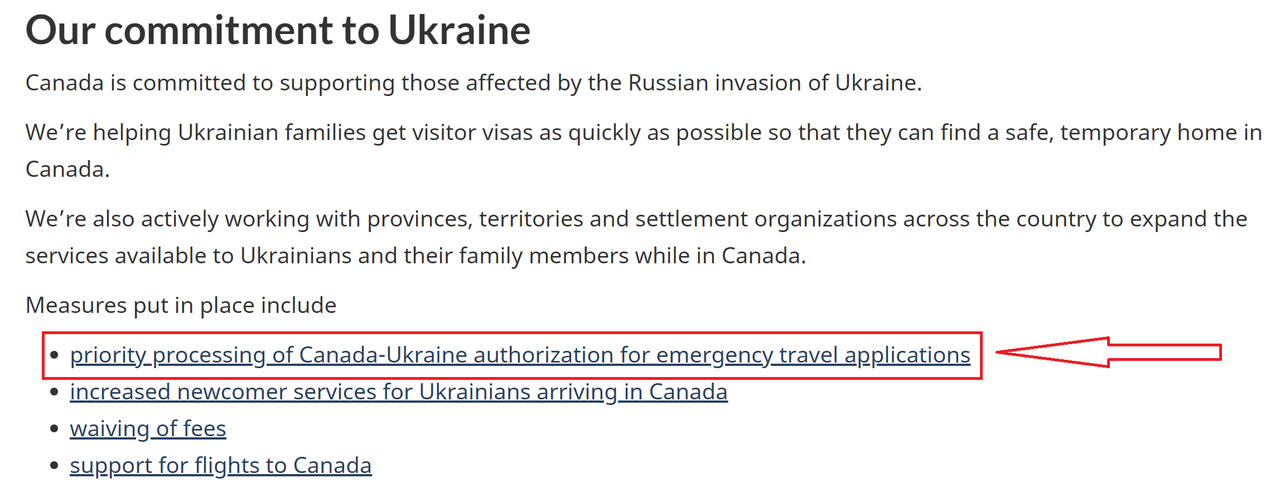Of course IRCC uses screening factors, some indeed called "
Triage Criteria / Risk Indicators," to decide which applications should be subject to additional inquiries or processing that is outside mainstream processing, or as most in this forum know it, "
non-routine" processing. Notwithstanding the periodic allegations otherwise, screening applications for additional or non-routine processing is not arbitrary or capricious, and while it can be random (such as attendant particular quality assurance projects), it usually is not. The "
Triage Criteria / Risk Indicators" in particular are used in screening citizenship applications to identify if there are reasons to question the applicant's physical presence.
Spoiler alert (not really; just about everyone is well aware of this): applications subject to non-routine processing suffer longer processing timelines, and those subject to RQ-related non-routine processing in particular will incur delays. No surprise.
RQ-related requests are not the only kind of non-routine processing. Of course IRCC also uses screening criteria in much of its internal decision-making for determining if and when and what non-routine processing is needed, which covers a broad range from merely verification of identity resulting in a Finger Print request (typically causing only a short delay), to more salient concerns such as those involving prohibitions screening which, in turn, can involve security concerns adding YEARS of delay. But the "
Triage Criteria / Risk Indicators," in particular and as set out in the File Requirements Checklist, are mostly about physical presence concerns, about reasons to question the applicant's physical presence . . . about which applications are selected for RQ-related non-routine processing. How much delay this can cause will vary widely, recognizing that it may involve minimal specific requests (and moderate delays) or range up to the full blown CIT 0171 RQ (longer delays), BUT can also trigger a referral to CBSA and its NSSD to investigate the applicant. The latter, being investigatory, ordinarily will not be visible in the version of CGMS notes obtained by clients, so applicants will not necessary know this is happening other than those experiencing longer delays than most should be able to guess this is a likely reason why.
The last publicly leaked version of the File Requirements Checklist (FRC), which lists the triage criteria, is a decade old, so we do not know to what extent the triage criteria has changed over the years (noting that changes in law since then would mandate quite a few changes, even if just as to the numbers alone).
So, yes, IRCC employs triage criteria in screening citizenship applications to identify if there are reasons to question the applicant's physical presence, but the details of this are confidential, not shared publicly, and information related to the triage criteria is consistently redacted from responses to Access to Information requests seeking information about the citizenship application process. So we do not know the current criteria employed. In particular, the last publicly shared version of the criteria I have seen dates back to 2012. That version was downright draconian . . . as just one example, if in any period of time during the eligibility period the applicant was self-employed or a consultant, that triggered full-blown RQ. While subsequent Access to Information requests have generated some occasional, collateral references to the triage criteria, clearly indicating changes at least in their application, that's about all we know of the current triage criteria . . . that and it is historically derived from "
reasons to question residency" in an appendix to the Operational Manual CP 5 "Residence," replaced initially by Operational Bulletin 407 (much of which has never been shared publicly), and the parts still being shared with the public now found in Program Delivery Instructions (PDIs) for citizenship, and the confidential side is in non-public internal information, including confidential forms and templates and their instructions, which includes the FRC and the File Preparation and Analysis Template (FPAT), both of which are confidential.
For Reference; 2012 to 2014 Version of Triage Criteria (based on last-for-certain copy of FRC)
Below I copy the triage criteria IRCC was using 2012 to 2014 (perhaps longer), as taken from a leaked copy of the FRC, Part A. Initially a check of any of these triggered full-blown RQ, but that was resulting in one in every four applicants getting RQ. So, by early 2013 CIC (before name change to IRCC) was modifying how the criteria were applied, some of which we knew for sure based on content of internal memos obtained through the ATI process.
FRC said:
FROM PART A FRC --
TRIAGE CRITERIA / RISK INDICATORS
- Applicant Characteristics:
A1 - Use of a suspect residential address.
A2 - NCB in FOSS, Warning or Note(s) in GCMS indicating a concern.
A3 - Previous citizenship applications which were not approved, withdrawn, abandoned, renounced or revoked.
A4 - Discrepancy in absences between citizenship application and CIC information during the relevant 4 years period.
A5 - Self-identified as a consultant, self-employed or unemployed, with any travel during the relevant 4 year period.
A6 - Absences to home country to sell land/property or to take care of ill family member during the relevant 4 year period.
A7 - Applicant has self declared having less than 1095 days of physical presence.
- Family Characteristics:
B1 - Child born outside Canada during the relevant 4 year period.
B2 - A child has made a non-concurrent minor application.
- Documents:
C1 - ID (provided in support of application) has been issued within 3 months of date of application.
C2 - Inconsistency between address on ID and address on application form.
C3 - Photograph and/or signature on the application do not resemble photograph and/or signature on identity document.
C4 - NPR time (non permanent resident time) has been used in the calculation of basic residence and the original entry data used does not appear on the IMM 1000, the Confirmation of Permanent Residence or in CIC records.
This is NOT current, not for many years now. Some changes would be obvious, like references to "
relevant period" (now called the "
eligibility period") related to the 3/4 years presence requirement (2012 to 2015), in contrast to the 3/5 rule today. No great power of prophecy necessary to recognize most of these are likely to be part of the triage criteria still, with amendments and subject to the manner in which they are interpreted and applied.
The biggest difference, so far as we can discern, is how the criteria are applied. Take the C1 Triage factor, for example, which is triggered by the applicant's ID having been issued within 3 months. This factor alone triggered RQ at least well into 2013; but by sometime in 2014 it appears that this was just considered along with other factors in deciding whether to issue RQ. It is not certain this is still one of the triage factors.
Consider the C2 triage factor, triggered by an inconsistency between address on ID and address on application form; this is almost certainly still a triage factor, but not likely to trigger RQ by itself, and perhaps not even trigger much more scrutiny unless there are other triage factors suggesting reason to more closely examine the applicant's presence calculation.
Consider the A4 Triage factor in contrast. Internal CIC memos (again, ATI product) indicated that this only got checked if the discrepancy was for more than . . . I forget the exact number of days, but at least three . . . or there were two or more discrepancies, but again in 2012/2013 this alone triggered RQ; by 2015 or 2016 we saw reliable anecdotal reporting that even a discrepancy of three weeks might not trigger RQ if the application was otherwise solid, the applicant's information otherwise credible and indicated an oversight, and there was a substantially larger margin of presence. While the precise terms of this triage factor may have changed and be different now, this is certainly still a triage factor, the only question being how it is applied . . . and even as to that, it is probably safe to believe unless the discrepancy exceeds a specified threshold it is just one factor considered in conjunction with others, allowing that the bigger the discrepancy (including in comparison to any margin over the minimum), the more negative weight it has.




